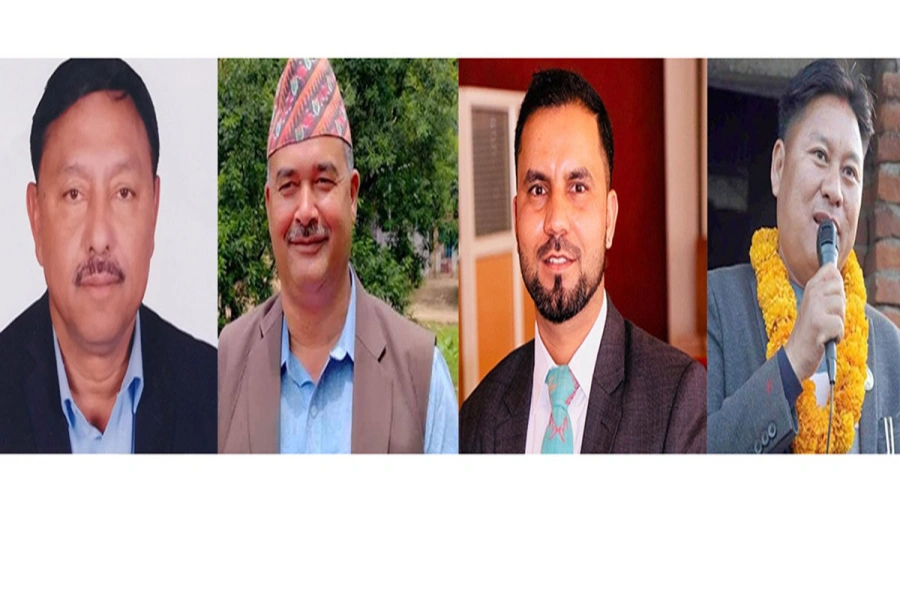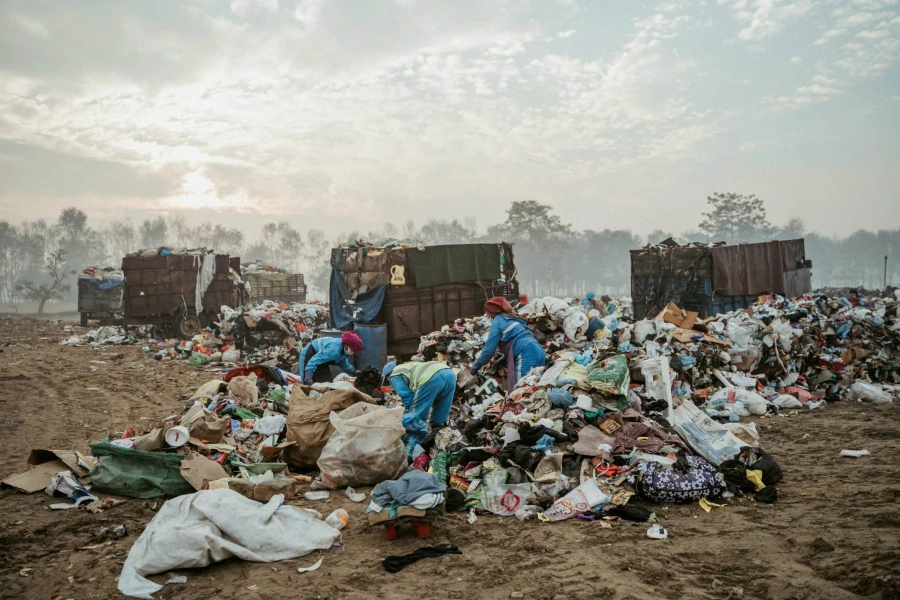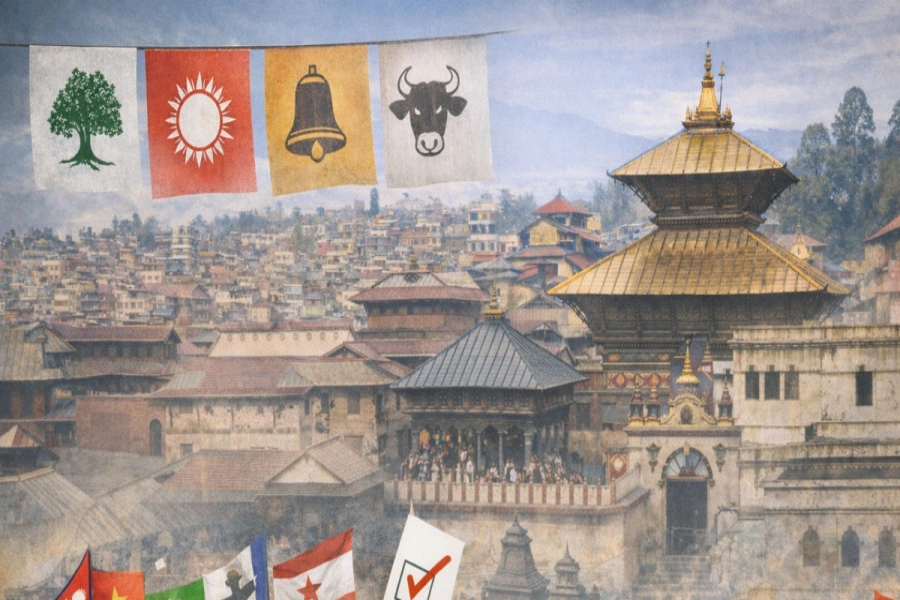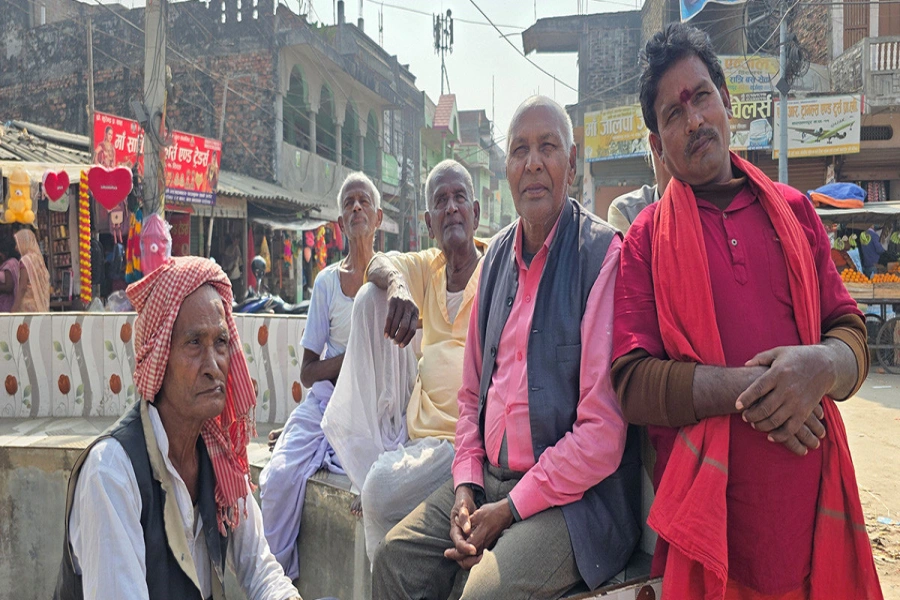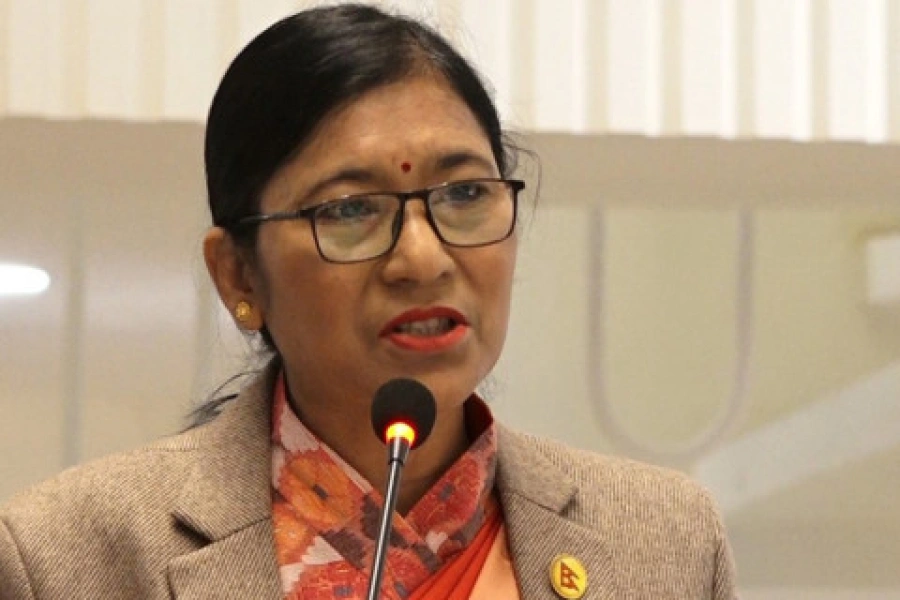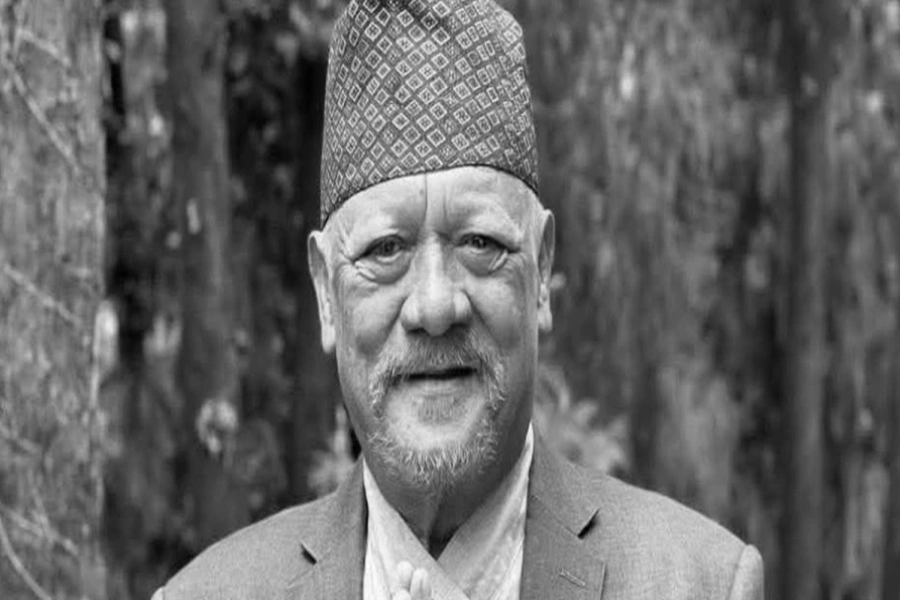KATHMANDU, Feb 4: The government introduced the "Bill on the Operation, Use, and Regulation of Social Media" in the National Assembly on January 28, which has sparked controversy, as opposition parties, including CPN (Maoist Center), journalist organizations, and civil society groups, have strongly opposed it.
Several provisions in the bill contradict Nepal’s constitution, while vague and incomplete terminologies raise concerns. Critics fear the government will exploit these loopholes to interpret the law in its favor.
Another major concern is the government’s direct role as the plaintiff in all related cases, giving authorities greater control over how they define and enforce the law.
The bill requires a Rapid Response Team to handle such proceedings. Typically, authorities form these teams when immediate action is needed in the public interest, such as during natural disasters. However, the government has introduced a provision to create one specifically for this purpose.
Now, let’s examine the bill’s constitutional conflicts and loopholes.
The bill directly violates Articles 17 and 19 of the Constitution of Nepal. Article 17 guarantees the right to freedom, stating, "No person shall be deprived of personal liberty."
However, the bill does more than restrict personal freedom—it actively penalizes individuals for posting, sharing, liking, reposting, live streaming, subscribing, commenting, tagging, using hashtags, or mentioning others on social media.
Media Action Nepal raises alarm over Social Media Bill

Section 16(2) of the bill explicitly prohibits individuals from engaging in these activities with malicious intent: "One must not post, share, like, repost, live stream, subscribe, comment, tag, use hashtags, or mention others on social media with malicious intent."
While the bill clearly criminalizes liking or commenting, it fails to define "malicious intent," leaving its interpretation ambiguous. Since the bill does not clarify the term’s scope or meaning, anyone accused under this provision could simply claim, "I had no malicious intent," making enforcement arbitrary and subjective.
The bill creates a loophole that allows government officials to potentially avoid accountability. If they act against the bill’s provisions, they can claim, "I did not act with malicious intent," when the provision is invoked. Whether they can escape responsibility remains unclear.
The bill also includes a provision that allows for a fine of up to Rs 500,000.
Additionally, ‘Article 19 of Nepal’s Constitution’ guarantees the right to communication, stating, "No prior restriction shall be imposed on the publication or broadcast of any news, editorial, article, composition, or other written, audio, or audiovisual material through any medium such as electronic publishing, broadcasting, or printing."
Section 19(2) clearly states, "No newspaper, radio, television, online, or any other type of digital or electronic equipment, printing press, or communication medium shall be shut down, seized, or deregistered, nor shall such content be seized for publishing, broadcasting, or printing news, articles, editorials, compositions, information, or other content."
However, the bill contradicts this constitutional provision. Section 16(1)(a) of the bill proposes to penalize individuals for trolling images. Where is the right to communication?
Moreover, the term "troll" remains vague. This suggests that the government may exploit the term to protect its officials. The bill does not define the scope or meaning of trolling, allowing government officials to interpret it in a way that benefits them.
Section 20(1) of the bill prohibits the disclosure of confidential information, which is even more objectionable. It will keep government flaws, weaknesses, and urgent issues like corruption, commissions, and bribery classified and hidden. If a journalist uncovers and publishes such information, they could face penalties. This seems to be the clear implication.
The government's intention may be to prevent the exposure of its flaws. It might seek to punish anyone who discloses such information.
Although the bill's theoretical concept claims to "ensure the freedom of thought and expression as a fundamental right while safeguarding communication and confidentiality rights in electronic media," the reality seems to contradict this.
The bill infringes on freedom of speech, privacy, and the right to communication. Section 12(j) of the bill states, "For the purpose of investigating or inquiring into a crime, the details of a social media user must be provided to the concerned authorities."
This means that the user's privacy will not be safeguarded. The user will be required to submit all their data to the relevant regulatory body. Failure to comply could result in a penalty ranging from Rs 2.5 million to Rs 10 million.
Question over the government's intentions
Social media requires regulation on several issues. The bill does not only include negative provisions. However, the provisions mentioned above undermine citizens' (users') rights to freedom of speech, privacy, and communication.
Furthermore, it appears that the government intends to use the social media bill to silence and imprison its opponents. Section 28 of the bill introduces the concept of "metered punishment."
Section 28(2) of the bill states, "Any offender who commits an offense more than once under this Act will receive double the penalty for each subsequent offense."
This means the punishment will accumulate and increase with each offense. Human rights activist Shyam Babu Kafle has raised concerns about the government's intentions. "The bill seems unnatural. This is why many have questioned the intent behind its creation. The punishment provisions are extremely unnatural," Kafle said.
The government currently enforces the directive for regulating the use of social media, 2080 BS. However, some have accused the government of attempting to impose control under the guise of further regulation.
Manohar Kumar Bhattrai, former Vice Chairman of the dissolved High-Level Information and Technology Commission and an expert in information technology and electronic governance, raises concerns that the bill could limit freedom of expression.
He also acknowledges the need for a regulatory framework. "I have no objection to the government moving forward with the bill, but I disagree with the harsh measures it proposes, which seem to target users," he said.





